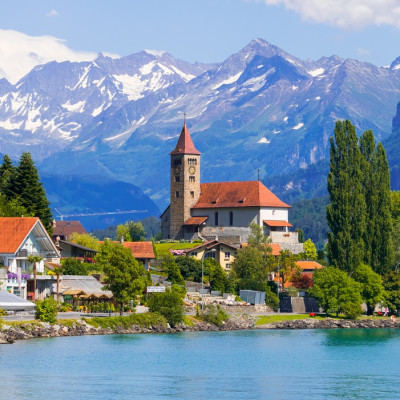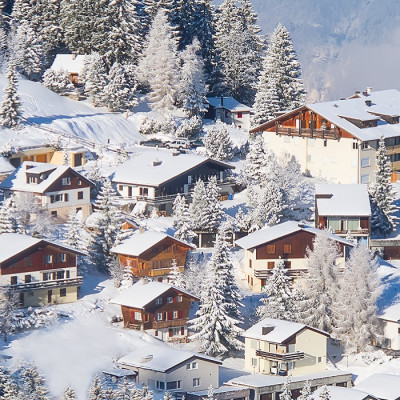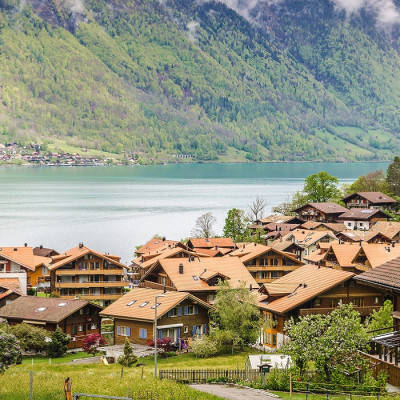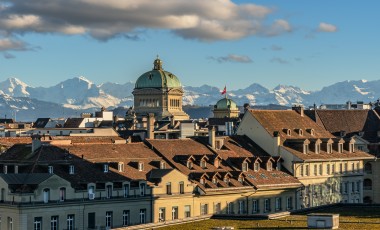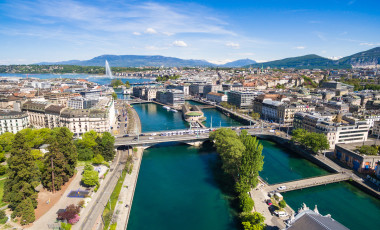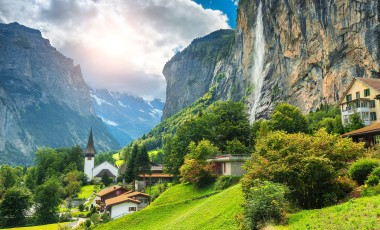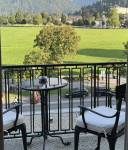Switzerland: Essential information
Culturally, Switzerland has many comfortable similarities with most of Europe, and by extension, the United States. Yet, it is important to remember that it is a foreign country with laws, customs, and practices that can differ quite significantly from what you are used to. To avoid any potential confusion or misunderstandings, and navigate the land with ease, here is a short Switzerland travel guide.
In addition to the information given here, you will also find our articles on the best time of the year to visit Switzerland and the top things to do in Switzerland to be useful when planning your holiday.
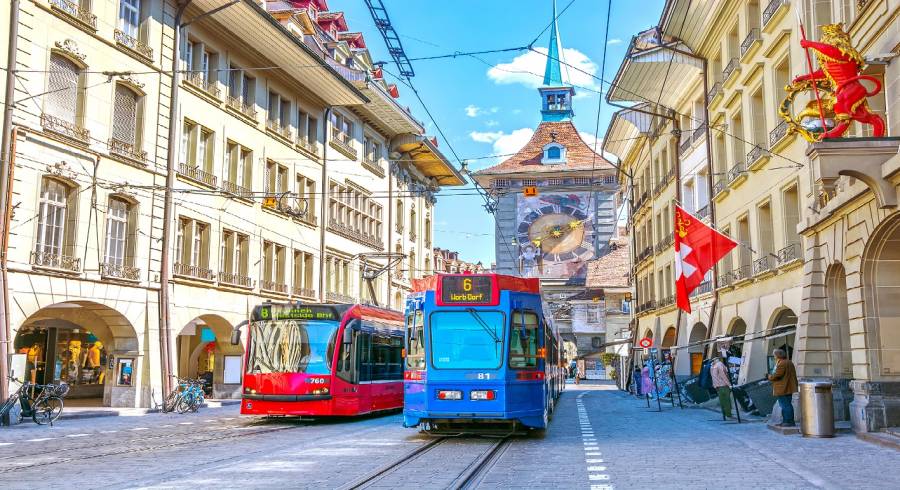
Cash and Currency
Unlike its neighboring countries, and indeed most countries in Europe, the official currency of Switzerland isn’t the Euro, but the Swiss Franc. So, if you are planning on visiting other European countries prior to arriving in Switzerland, it is important to keep this in mind. This doesn’t mean you won’t be able to use any of your remaining Euros at all; in many larger shops, hotels, and train stations, Euros are sometimes accepted, but this is the exception rather than the rule.
As such, if you are only planning to spend a couple of hours in Switzerland, perhaps passing through on your way to another country, you may not need to worry about exchanging any of your money into Francs. However, if you are planning on spending any length of time there (or money), then getting your hands on some Swiss Francs is essential.
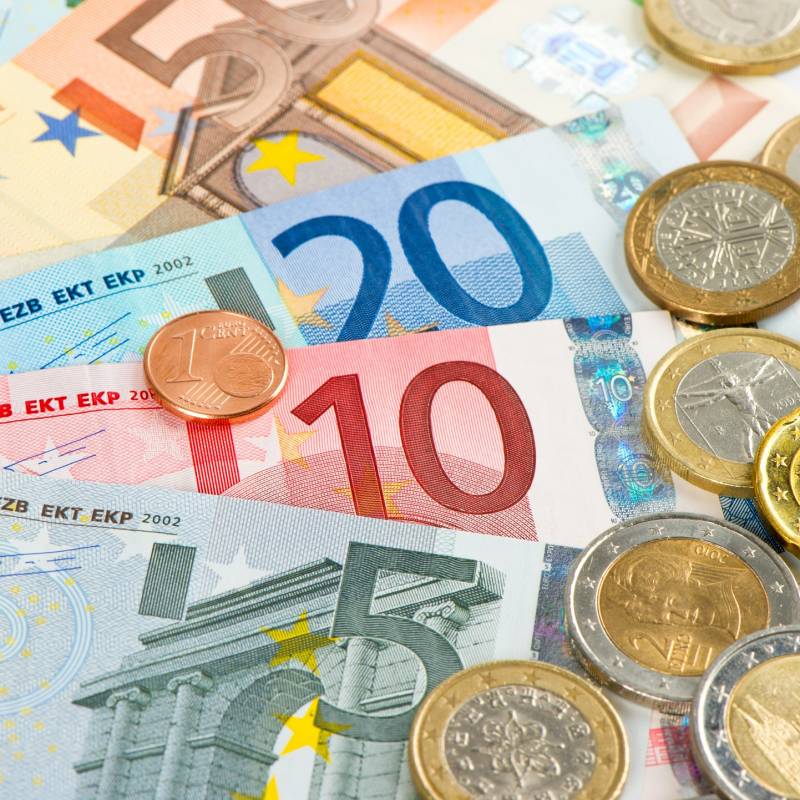
Language
Interestingly, Switzerland has four national languages:
- German (mostly spoken in cities like Zurich, Bern, and Basel)
- French (in Geneva and Lausanne)
- Italian (in Lugano and Bellinzona)
- Romansh (in The Grisons)
However, like most countries in Europe, a large percentage of the population speaks English, particularly in the larger cities. So, although Switzerland is linguistically complex, you are unlikely to have any issues communicating with people. If you speak French, German, or Italian, you may notice some interesting little differences between the standard version of the language to the version spoken in Switzerland, as the dialects sometimes use aspects of the other national languages. For example, the German spoken in Germany may be different from what you hear in Switzerland.
Although it’s the least spoken language in Switzerland, Romansh is the closest thing the country has to a nationally exclusive language. It is a curious mix of the casual spoken version of Latin, brought to the area by Roman Soldiers, the language of the Rhaeto people, an ethnic group that came to Switzerland at around 500 BC, and German. Although it’s an official language, all Romansh speakers tend to speak fluent French or German as well.

Health Information
Switzerland is a remarkably safe and welcoming country, but, as ever, being mindful of potential (though very unlikely) problems is a good idea.
Vaccines
Although Switzerland can proudly claim to have one of the best healthcare systems in the world, the CDC advises that travelers be fully immunized against measles, hepatitis A and B, rabies (although Switzerland has been declared to be rabies-free since 1998, it has occasionally been found in bats), the MMR vaccine, as well as your yearly flu shot.
Outdoor Safety
Switzerland is famous for its beautiful and boundless mountainous terrain. However, this scenery could present some problems for the unwise and unready traveler. So, before going on a hike, check the weather, the terrain, and important mountain safety advice. On some hikes, it could be beneficial to hire an experienced guide.
Emergency Services
In case you need to contact the Swiss emergency services, be sure to note down these numbers:
- 112-Emergency (fire, ambulance, and police)
- 117-Police
- 118 -Fire
- 144-Medical services
- 1414- Rega Mountain Rescue

Getting Around
As Switzerland is a relatively small country, traveling around is a breeze.
While public transport in the cities can be relatively expensive, especially taxis, the entire country is connected by a brilliant network of trams, trains, and buses. In fact, Switzerland boasts a large section of the most scenic railway journeys in the world, including the fabulous Bernina Express, which takes you through the Alps from Poschiavo in Switzerland, to Tirano in Italy. Otherwise, there are plenty of inter-city or inter-region trains connecting all the major cities in Switzerland.
If you prefer to travel by car or bus many companies offer services where you can comfortably travel from city to city, or from city to mountain. Given its size, cross country flights are unnecessary and best avoided.
In the cities, almost universally public transport is reliable, clean, and efficient. In addition, if you want to explore Swiss cities at your own pace, car and bicycle sharing is popular with many options for visitors to enjoy. Also, although they aren’t present in every city in Switzerland, Basel, Lausanne, Zurich, and Geneva have quality tram networks. In fact, Basel’s tram network is over a century old and can take you across the border into Germany or France. If you prefer a more personal and direct experience, public and private taxi services operate in every major city, and Basel, Zurich, Geneva, Lausanne even have Uber drivers.
Now, some of these services may be more expensive than you are used to, however, you are paying for quality as the public transport in Switzerland is almost uniformly excellent.

Tipping
The vast majority of restaurants in Switzerland include a service charge in their final bill, so tipping is not necessarily expected. However, if you feel compelled to pay an additional tip of either 5% – 10% of the overall cost, it will always be welcomed.
Plan a safe, hassle-free, and private Switzerland tour with expert advice. Get in touch with us for more travel details and a tailor-made itinerary without obligation.


Best Time To Visit Switzerland
ReadPopular Trips to Switzerland

If you are a nature lover or outdoor enthusiast, this specially curated vacation is for you. Your journey begins in the beautiful waterfront town of Bellagio. Explore the Roman and Baroque architecture of Como, enjoy fabulous views of Lake Como in Varenna, and soak in the atmosphere of Bellagio’s medieval centre. Next, hop over the…
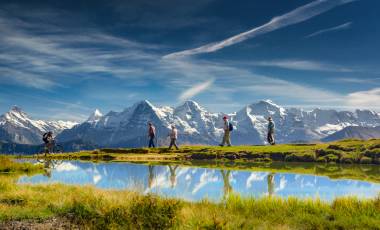
Discover some of Central Europe’s most beautiful and historic cities on this enchanting rail journey that takes you through Austria, Germany and Switzerland. Delve into the rich artistic and cultural heritage of Vienna and Salzburg on guided walking tours. The Old Towns of Munich and Zurich, dotted with churches and beautiful heritage buildings will take…
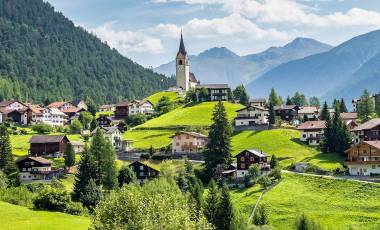
Experience the best of Switzerland as you journey through some of the most iconic and breathtaking landscapes of this delightful country. Wander through cobblestone streets and come across quaint homes and historic buildings in Alt Stadt, the Old Town of Zurich. Hop on for an unforgettable train ride to Mount Rigi. Every part of this…
Sorry, your search found no results.
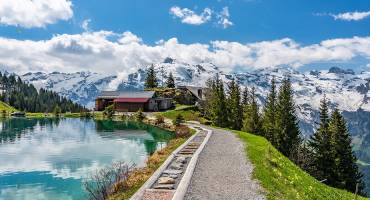
Things To Do in Switzerland
ReadBest Places To Visit
From the Blog

Go off the beaten track, and away from the crowds, to experience these charming European gems.

From geothermal spas to celebrated wine and food regions, take a true break from the everyday at these leisurely destinations in Europe.

From dramatic ice caps and jewel-toned lakes to remote islands covered in verdant jungle and volcano craters, explore The Continent differently.
Sorry, your search found no results.
